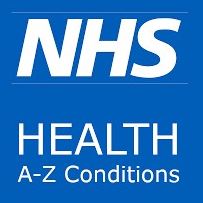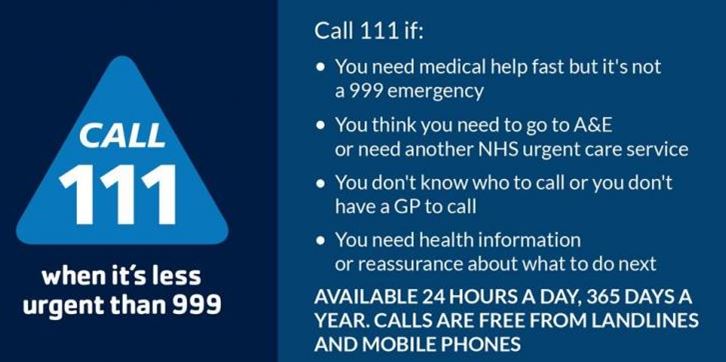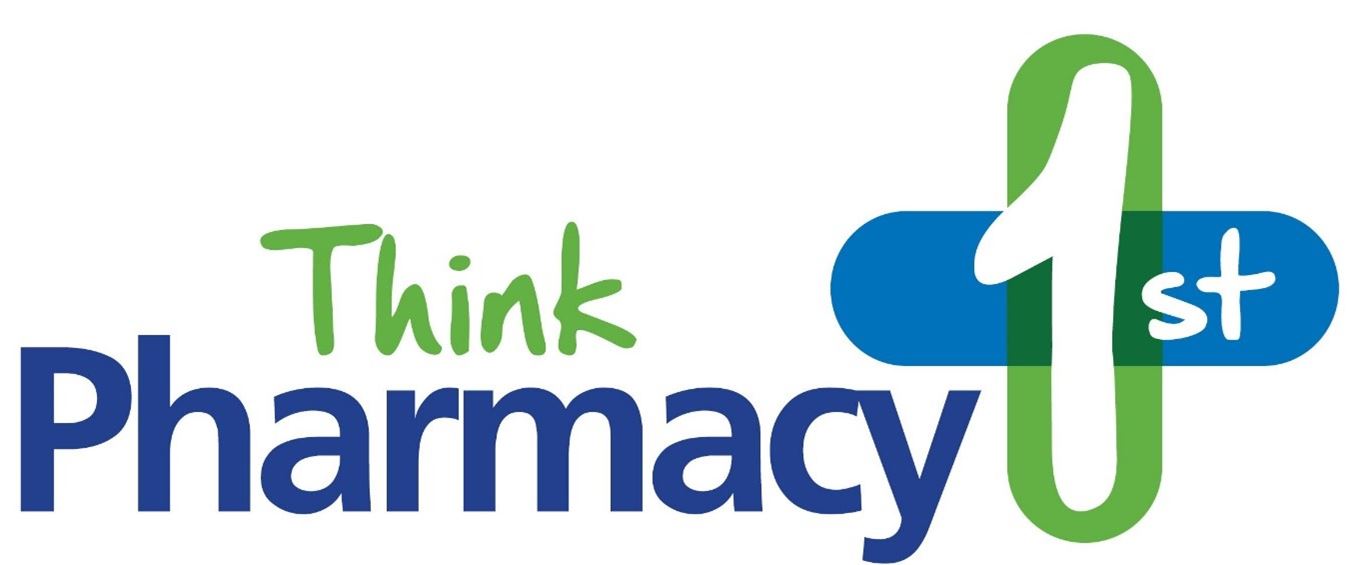Who Should I See?
We try to keep our GP appointments for patients with more serious health problems.Our receptionists can help you decide which is the right person for you to see.
Self-care
If you have a cough, cold, headache or other minor ailment try treating yourself at home first. Please access the self-help section on our website.
Please remember that self-care for common conditions can help free up our GPs’ time, making it easier to get an appointment when you have a more serious condition.
Your pharmacist can help too
Pharmacists are highly trained health professionals and can give you confidential health advice for a range of common illnesses and complaints.
Don’t wait for a GP appointment for coughs, colds, aches and pains. Just call your local pharmacy a call or drop in – there’s no need to make an appointment.
Your pharmacists can also help you decide if you need to see a doctor or nurse.
Click here for more information about how pharmacies can help you.
NHS 111
111 is the free NHS non-emergency number.
You should use the NHS 111 service if you urgently need medical help or advice but it’s not a life-threatening situation.
Call 111 if:
- you need medical help fast but it’s not a 999 emergency
- you think you need to go to A&E or need another NHS urgent care service
- you don’t know who to call or you don’t have a GP to call
- you need health information or reassurance about what to do next
Click here for more information about how NHS 111 can help you.
A&E
A&E is for life-threatening accidents and emergencies only. Before you go there, ask yourself, “Is it a real emergency?”
If not, please consider using other local health services before you visit A&E.
Pharmacies can give treatment advice about a range of common conditions and minor injuries, such as:
- aches and pains
- sore throat
- coughs
- colds
- flu
- earache
- cystitis
- skin rashes
- teething
- red eye
If you want to buy an over-the-counter medicine, the pharmacist and their team can help you choose.
Page created: 06 March 2023


